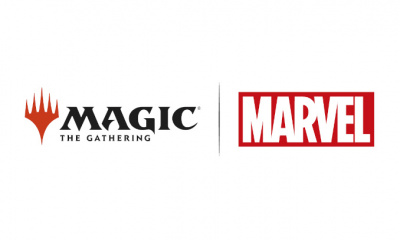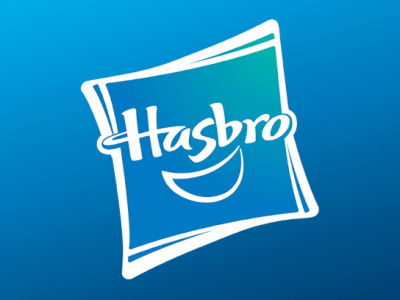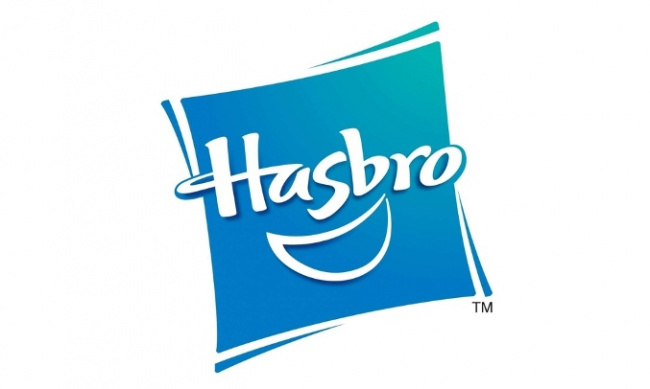DC recently acquired rights to Megatokyo, which is the bestselling ever (for lack of a better term) original English language manga. DC has also published some manga-style books by some of the creators you've worked with in the past. What are your thoughts on that whole phenomenon--creators outside of
I think you end up with a synthesis. I don't think you're going to necessarily find American creators doing pure manga -- something that is interchangeable with the Japanese originated material. We have a phenomenon where some significant percentage of the American artists doing comics today come from other cultures. You don't know who's an American artist and you don't know who isn't, based on looking at the work, as opposed to when I came into the business and there were 'the Philippine artists' over here, and 'the Spanish artists' over there, and everything else was 'American comics by Americans.' Not as a marketing point of view, but there was a very distinct creative feel to it. Now there's a cultural American style comic that is created and produced by creative people in many countries.
I don't know that that happens as easily with manga in the near future, but you clearly have a generation of young people growing up on manga and loving it and it's influencing their work and styles. My suspicion is you end up with a synthetic style that is influenced by manga, influenced by American comic storytelling and ends up becoming a body of work that will have some considerable success in this country in the next decade. Stu Levy and I have been arguing about the timing of that for several years now. He's a little more bullish on how quickly it will happen than I am, but we don't have any disagreement that that's one of the points of convergence that will happen.
One of the big differences between the American and Japanese styles is the pacing -- how much story you tell on a page and how many words you use to tell the story and how many picture. Is that an element of the Japanese style that might get adopted as its most prominent feature?
The phrase that I've always used to try and clarify it is that on one level manga to American comics has the same differences as reading the Iliad in prose or poetry. If you set out to tell the same story using the two different forms, the experience of reading it is fundamentally different.
The pacing that you identify is certainly a piece of it. The level to which emotional acting is used in the characters is part of the power. How motion takes place. Underneath all of that, beyond my Iliad illustration, when I sit and talk to manga editors in
I think all of this will synthesize in some fashion. We will have people wanting to tell different types of stories and wanting to tell them in different ways. Some of the projects that we have in development for next year are, in part, steps along that path. I don't think it's anywhere near where that synthesis will end up, but it is creative work that probably wouldn't have happened that way if it hadn't been for the influence of manga in this country. The writer and the artist are setting out to tell a different story.
I don't see Fred Gallagher's Megatokyo as being original English language manga per se. It's manga on the one hand, but it also bears heavily an American influence in his thinking. It bears tremendous influence from his art as a Webcomic, which affects the structure of how it's done. All of these things come together to make it a unique thing and that's part of why it's been successful as it is. It is truly a different flavor.
Go back to the launch of Superman in the 1930s. There's always a power to when the new thing comes along if it works creatively. I think we will see a bunch of things happen in that direction that will truly be new synthesis of styles.
DC has a lot of experience in working with the influence of movies on product sales. Did the release of Superman teach any new lessons vs. previous movies and their influence on sales?
It's a little early to do a full post-mortem. We're seeing very good sales levels. The reports we're hearing are pretty good on the product sales through most of the retailers who are relatively sophisticated in their ability to monitor inventory movement.
I think what we see over the past couple of films (and we've had a wonderful run over the past couple years) is that the clarity of focus when you have a V for Vendetta and you have one SKU that is by far the strongest logical publishing sale (the original graphic novel on which it's based) is not replicated when you have a Superman or a Batman and you have 30 or 40 different publishing SKUs available for purchase. We sell far more cumulatively between the 30 or 40, which is great, and maybe we serve more diverse audiences, but you don't end up with one thing where you point and say 'Wow, look at how many of that we sold.' Particularly for the comic graphic novel, you don't have that same clarity of path where you can watch the civilians pick up the graphic novel that they hadn't picked up before and move from that to a second or third thing.
We touched on this next issue last year, but I'd like to get your current evaluation. The number of comic movies in the pipeline has grown, not only from the Big Two, but also from a variety of other sources. Where do you see that phenomenon headed over the next few years?
Comics are great raw material for movies, when you take a property that has a logical creative application for film, get a team excited about it and you do something with it. We've had five projects in a row that we can hold our heads up proudly about creatively, and that have been commercially successful. That may be the longest run anybody pulled off yet in comics-to-film translation and by far the broadest range when you look at History of Violence and V for Vendetta on the more mature side to Superman and Batman on the more mass audience side.
Like most things in
We're also seeing the comic book sensibility develop projects. For example, they've been hawking the Heroes show for one of the networks here very energetically, which clearly is a comic book sensibility without a literal origin in comics. I think we'll see more of that as well. The real stuff is the great stuff, whether it's Superman because the character has been beloved through all the years, or it's V for Vendetta because the source material is just so damn good, will still outshine the, 'I wrote a comic book and you can option it tomorrow morning,' kinds of stuff.







